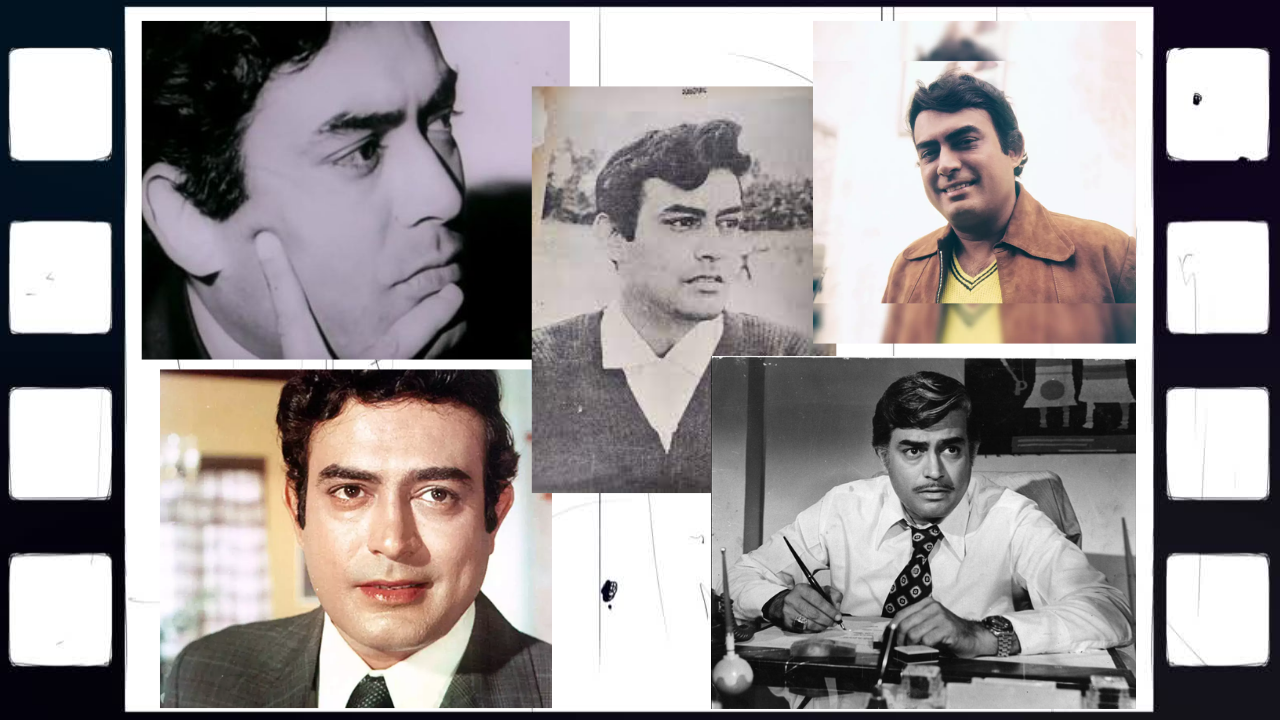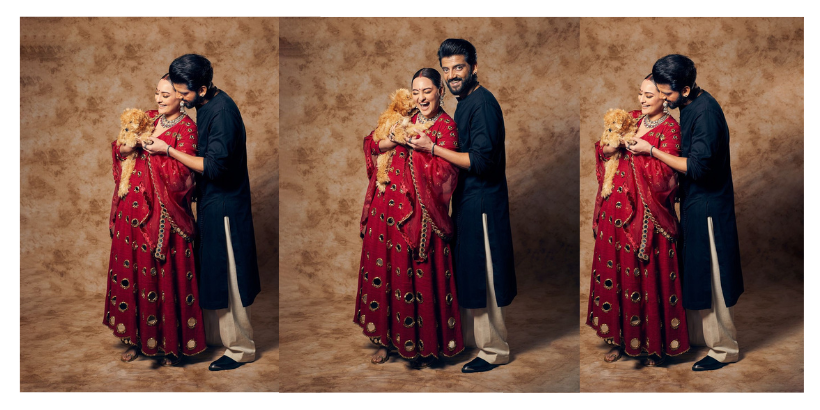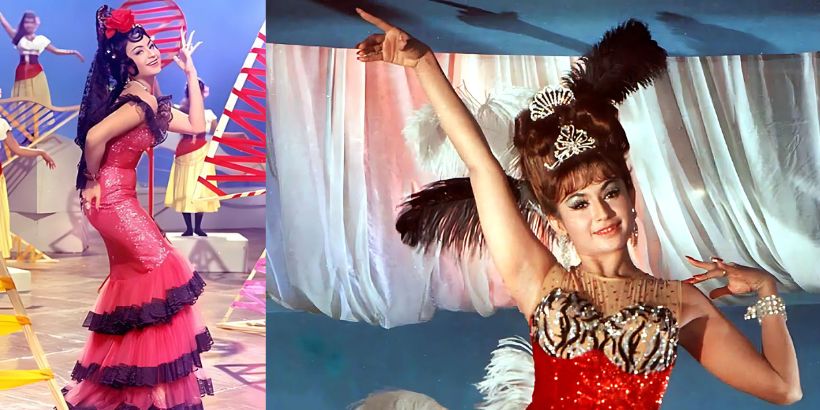Born on July 9, 1938, in Surat, Gujarat, Sanjeev Kumar is regarded as among the most flexible and gifted actors in Indian film. Harihar Jethalal Jariwala Renowned for his sincere and deep portrayal of characters in several genres, Kumar’s legacy is still felt in the Indian film scene. From 1960 until 1985, his amazing career made a lasting impression on viewers and reviewers both.
Early Years and Professional Beginning
From a Gujarati Brahmin family, Sanjeev Kumar went to Mumbai early on. Originally starting his career with the Indian People’s Theatre Association (IPTA) in Bombay, his early passion in performing resulted in his joining the Indian National Theatre Theatre (INTA). Kumar showed a taste for playing elder roles even as a stage actor, a habit he followed throughout his movie career.
Kumar debuted in films in a small part in Hum Hindustani (1960) then became well-known from his performance in Nishan (1965). He was clearly flexible in Sangharsh (1968), where he starred opposite the great Dilip Kumar, and Sachaai (1969), with Shammi Kapoor and Sadhana. His debut came with the 1970 film Khilona, which made him well-known nationally and set him as a strong talent in Indian film.
Become Stardom.
Sanjeev Kumar’s career grew to include a wide spectrum of parts over the 1970s and 1980s. Working with director Gulzar produced critically praised movies including Parichay (1972), Koshish (1973), Aandhi (1975), and Mausam (1975). He won the National Film Award for Best Actor from his performance as a deaf and silent character in Koshish.
Kumar’s adaptability was shown in his parts in classic movies like Trishul (1978) and Sholay (1975), when he portrayed the unforgettable Thakur character. His comic skills were evident in movies like Pati Patni Aur Woh (1978) and Angoor (1982), the latter of which Forbes India ranks among 25 top acting performances of Indian film.
Personal Development and Difficulties
Sanjeev Kumar’s personal life was difficult even if he was succeeding professionally. In 1973 he proposed to Hema Malini, but their relationship did not end in marriage. Actress Sulakshana Pandit also said she loved him, but Kumar decided to be alone all his life. In his latter years, his health declined; following U.S. bypass surgery, he passed away on November 6, 1985, at the age of 47, from a major heart attack.
History and Respectedness
Many accolades and honors help to permanently mark Sanjeev Kumar. Among multiple Filmfare Awards, including Best Actor for Aandhi and Arjun Pandit, he also won two National Film Awards for Best Actor. Celebrated with a postage stamp issued by India Post in 2013 and the Sanjeev Kumar Auditorium in Surat, opened by Prime Minister Narendra Modi in 2014, his contributions to Indian film are honored.
Emphasizing education, healthcare, ecology, culture, and nutrition, the Sanjeev Kumar Foundation carries on his charitable legacy. Reiterating excellence in acting, direction, and backstage work in his memory, the foundation sponsors the yearly Sanjeev Kumar Drama Competition.
Characterized by its depth and adaptability, Sanjeev Kumar’s body of work still inspires and fascinates, therefore securing his position as among the best performers in Indian film history.




